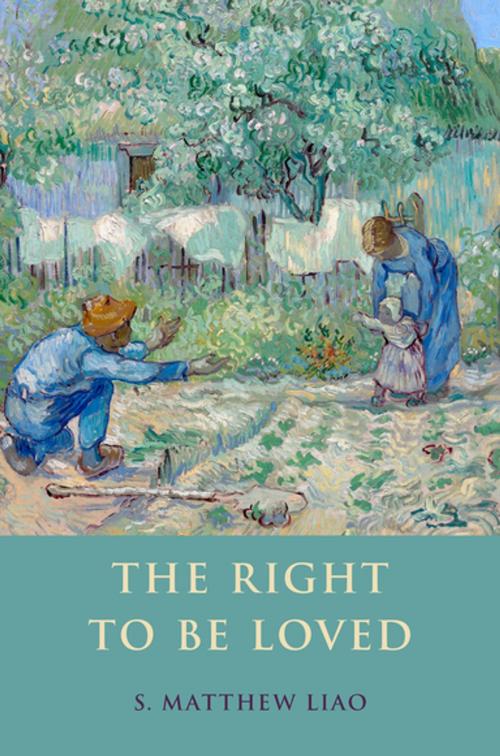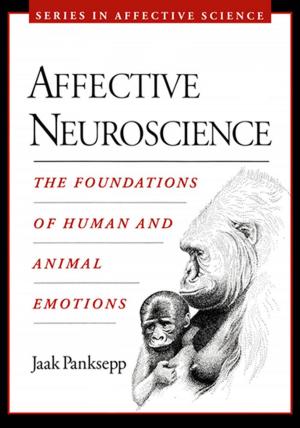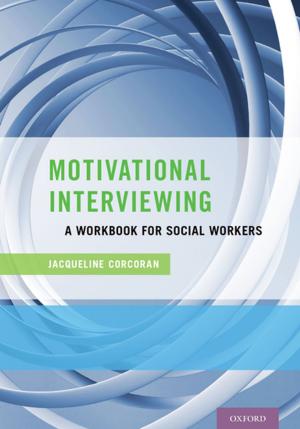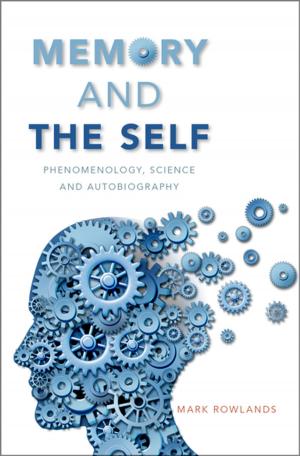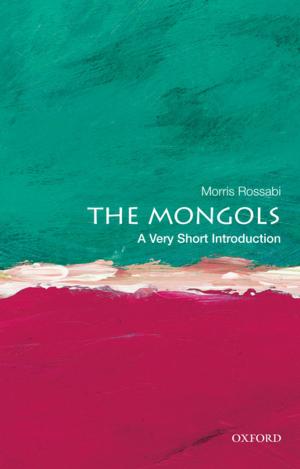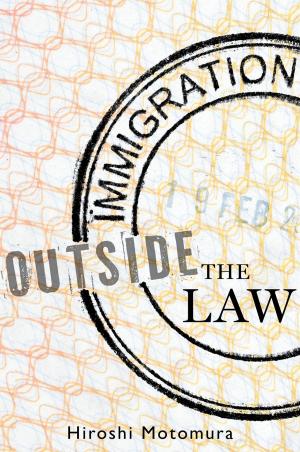The Right To Be Loved
Nonfiction, Reference & Language, Law, Ethics, Health & Well Being, Medical, Reference, Religion & Spirituality, Philosophy, Ethics & Moral Philosophy| Author: | S. Matthew Liao | ISBN: | 9780190493387 |
| Publisher: | Oxford University Press | Publication: | October 29, 2015 |
| Imprint: | Oxford University Press | Language: | English |
| Author: | S. Matthew Liao |
| ISBN: | 9780190493387 |
| Publisher: | Oxford University Press |
| Publication: | October 29, 2015 |
| Imprint: | Oxford University Press |
| Language: | English |
S. Matthew Liao argues here that children have a right to be loved. To do so he investigates questions such as whether children are rightholders; what grounds a child's right to beloved; whether love is an appropriate object of a right; and other philosophical and practical issues. His proposal is that all human beings have rights to the fundamental conditions for pursuing a good life; therefore, as human beings, children have human rights to the fundamental conditions for pursuing a good life. Since being loved is one of those fundamental conditions, children thus have a right to be loved. Liao shows that this claim need not be merely empty rhetoric, and that the arguments for this right can hang together as a coherent whole. This is the first book to make a sustained philosophical case for the right of children to be loved. It makes a unique contribution to the fast-growing literature on family ethics, in particular, on children's rights and parental rights and responsibilities, and to the emerging field of the philosophy of human rights.
S. Matthew Liao argues here that children have a right to be loved. To do so he investigates questions such as whether children are rightholders; what grounds a child's right to beloved; whether love is an appropriate object of a right; and other philosophical and practical issues. His proposal is that all human beings have rights to the fundamental conditions for pursuing a good life; therefore, as human beings, children have human rights to the fundamental conditions for pursuing a good life. Since being loved is one of those fundamental conditions, children thus have a right to be loved. Liao shows that this claim need not be merely empty rhetoric, and that the arguments for this right can hang together as a coherent whole. This is the first book to make a sustained philosophical case for the right of children to be loved. It makes a unique contribution to the fast-growing literature on family ethics, in particular, on children's rights and parental rights and responsibilities, and to the emerging field of the philosophy of human rights.
